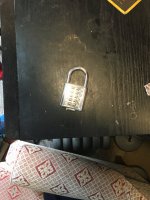littlebabyjesus
one of Maxwell's demons
I'm not letting you off. You now need to grapple with irrational numbers, which the set of real numbers includesI'm now still lost as to why my descriptions were wrong - but for the love of dog please no one try to explain it to me. I'd rather leave it on a high.





